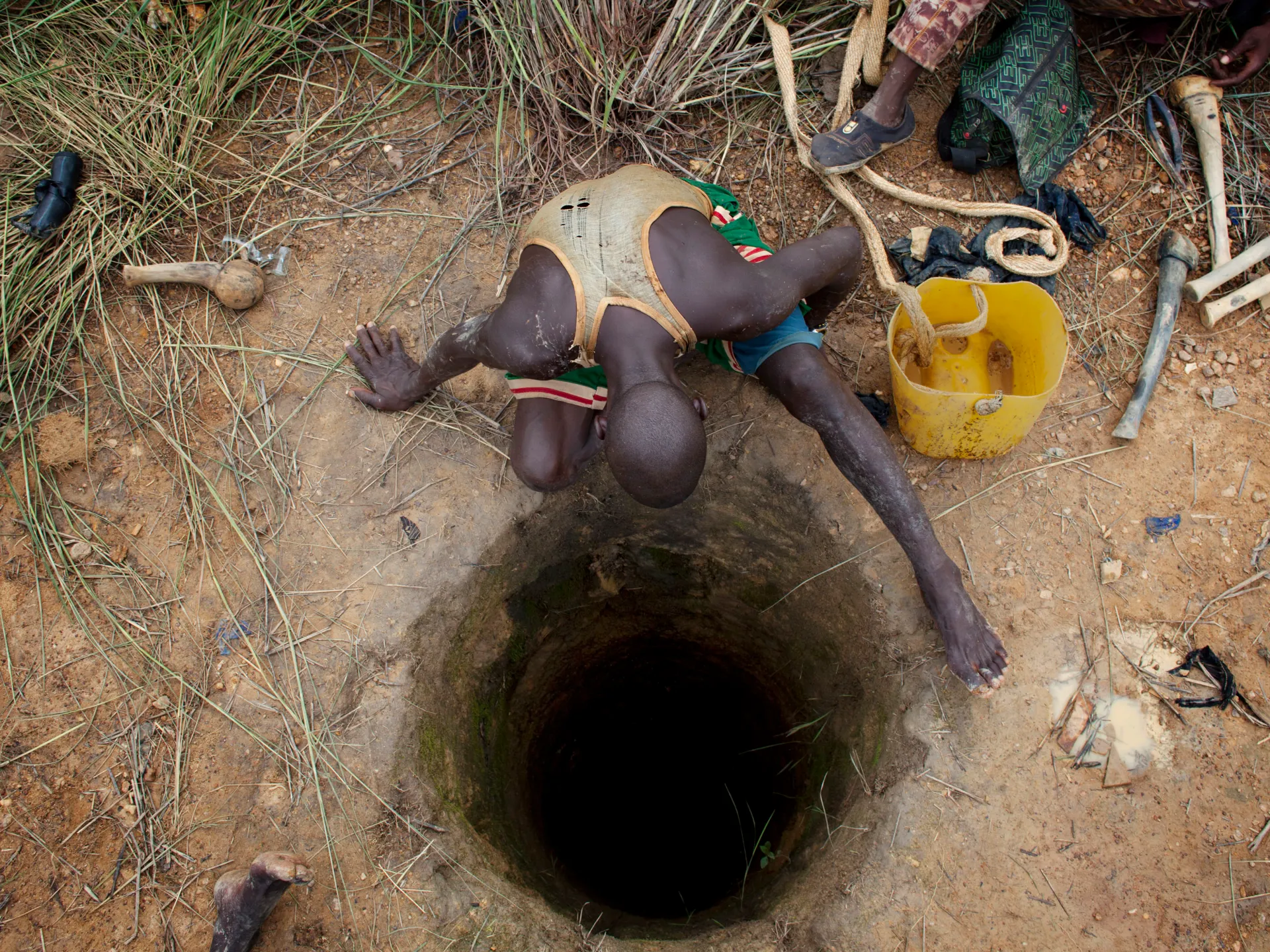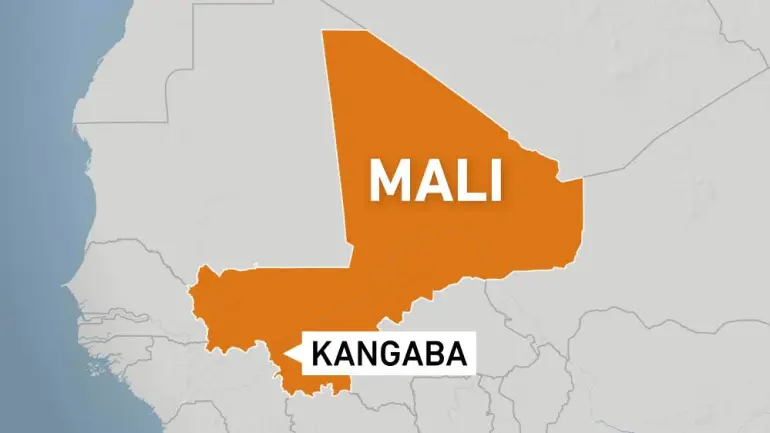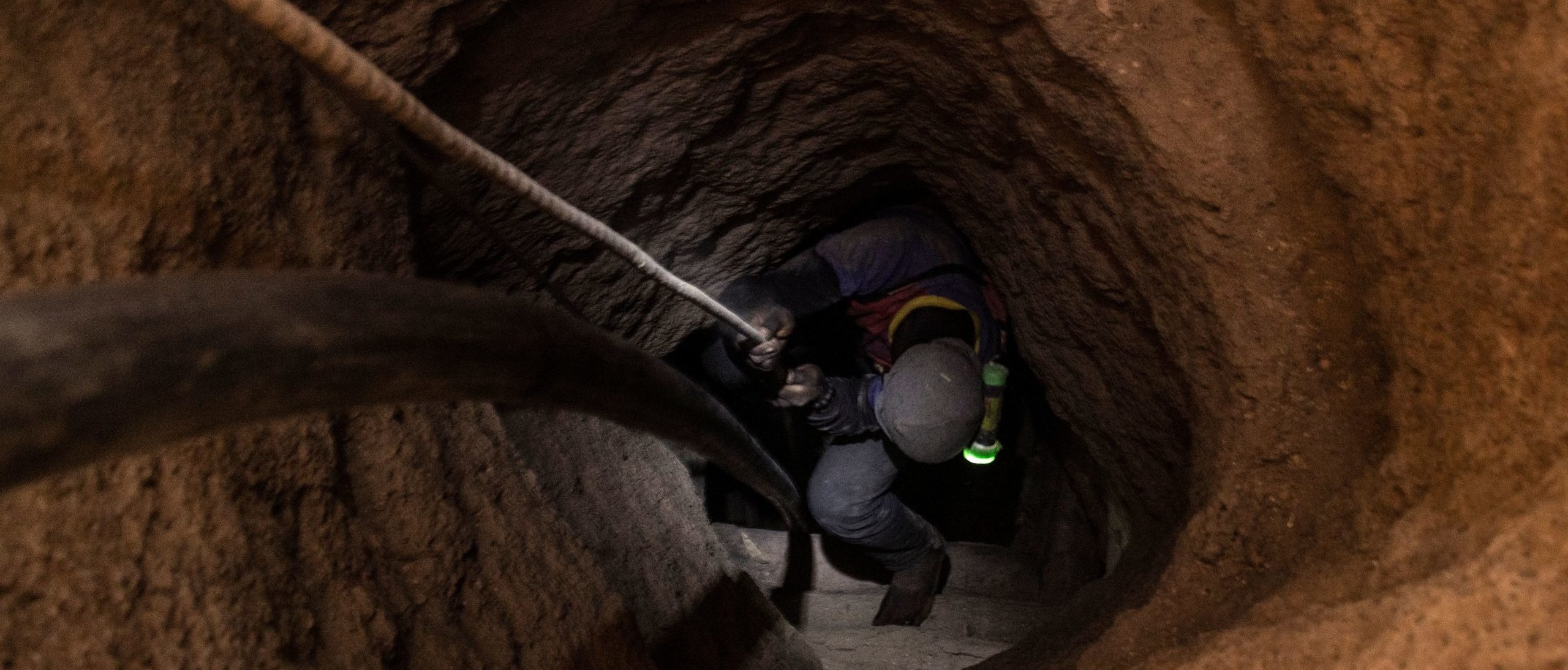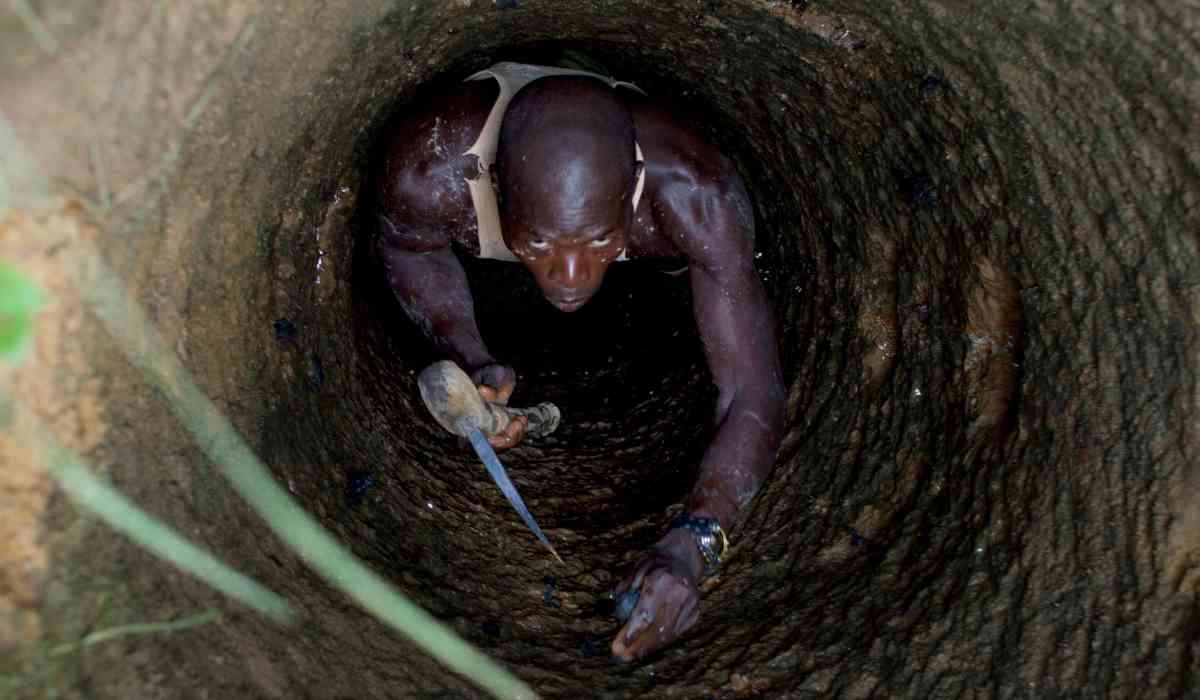In a devastating incident last week, a tunnel collapse at a gold mining site in Mali claimed the lives of more than 70 people, according to local sources. Mali, ranked among the world's poorest nations, stands as Africa's third-largest gold producer, making the mining sector a crucial component of its economy. However, the industry is marred by frequent accidents, and this recent disaster sheds light on the perilous conditions faced by miners.

Chronicle of a Tragedy: The Collapse and Aftermath
The catastrophe unfolded in the southwestern town of Kangaba, where Oumar Sidibe, an official for gold miners, described the harrowing event. "It started with a noise. The earth started to shake," he recounted. Over 200 gold miners were on-site, and despite search efforts, 73 bodies were discovered.

The toll was corroborated by a local councillor, while Mali's Ministry of Mines initially reported several deaths without specifying the exact figures. The government expressed condolences to the affected families and urged strict adherence to safety measures, emphasizing the need for compliance within designated gold panning zones.
Mali's mining sector is predominantly influenced by foreign entities, including Barrick Gold, B2Gold, Resolute Mining, and Hummingbird Resources. Despite enduring political instability, these companies continue operations. Concurrently, artisanal mines persist, attracting a substantial number of gold miners.

Perils of Gold Mining in the Sahel Region
Gold mining in the Sahel region poses significant risks, with human rights organizations decrying the prevalent use of child labour in artisanal mining. The influx of new gold panning workers, coupled with inadequate infrastructure, contributes to hazardous living and working conditions, as highlighted in a 2019 report by the International Organization for Migration (IOM).
The report underscores the lack of workplace protection measures for migrants residing far from urban centres, making it challenging to access healthcare in case of illness or accidents. Despite these challenges, miners continue to settle in these hostile conditions.
(1)_1706165872.jpg)
A History of Tragedies: Mining Accidents in the Sahel
This recent disaster adds to a grim history of mining accidents in the Sahel region. In February 2022, a stockpile explosion at an artisanal gold mining site in Burkina Faso resulted in the death of 59 people. Similar incidents are regularly reported in Guinea, Senegal, and western Mali.
Mali, producing 72.2 tonnes of gold in 2022, heavily relies on the metal, contributing significantly to the national budget, export earnings, and gross domestic product. However, the dangers persist, and the use of child labour remains a persistent concern.
To address the industry's challenges, Mali adopted a new mining code in August, allowing the state to claim up to a 30 per cent stake in new projects. The government anticipates this move to inject at least 500 billion CFA francs ($830 million) into the annual state budget. Since assuming power in 2020, the military leaders in Mali have vowed to restore sovereignty and harness the country's natural wealth. However, mining accidents are infrequently reported, emphasizing the need for increased safety measures and oversight in this critical sector.
(With inputs from Al Jazeera)
(Image Source: Al Jazeera/New York Times)
© Copyright 2024. All Rights Reserved Powered by Vygr Media.
























